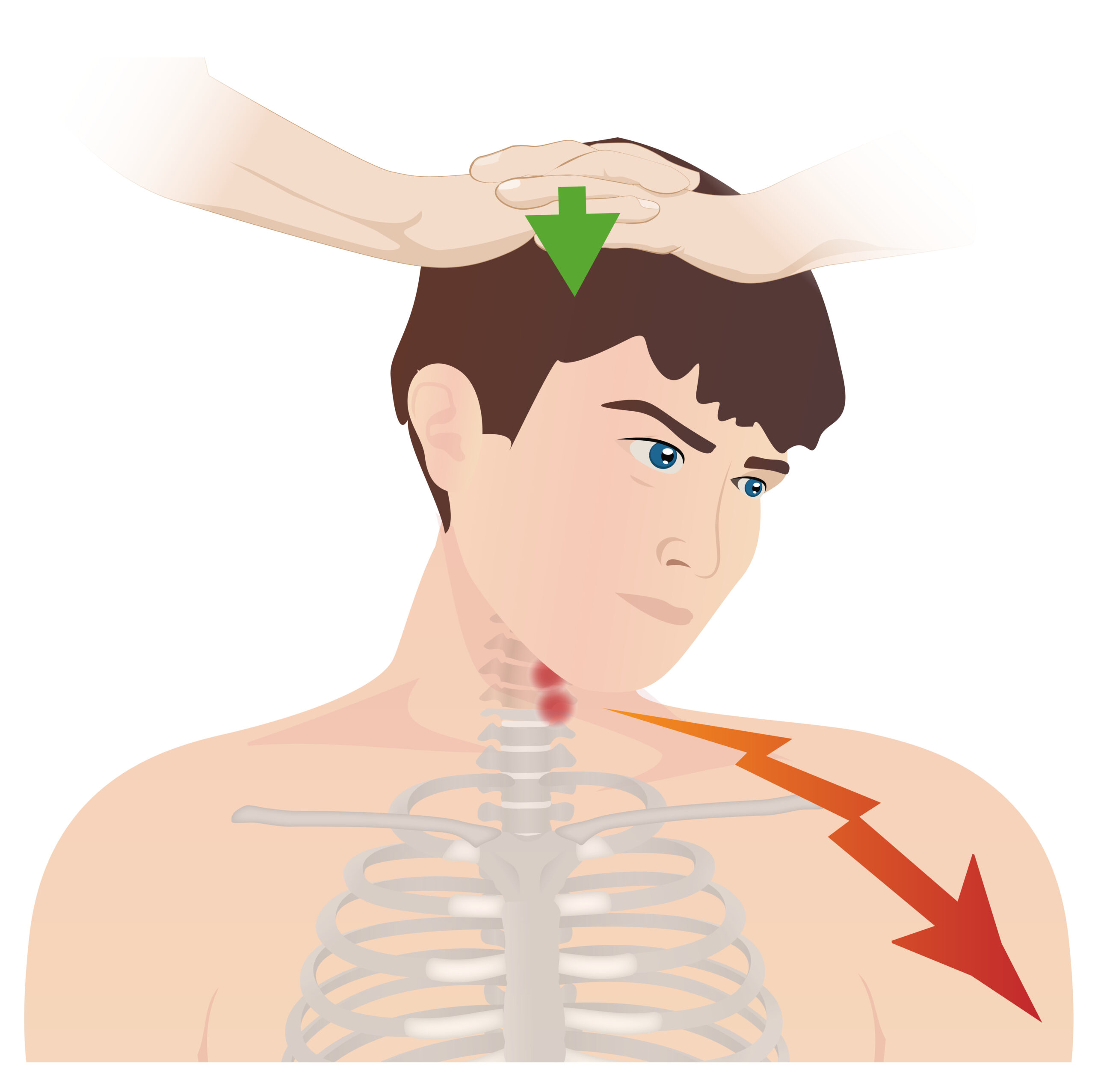Playlist
Show Playlist
Hide Playlist
Acute Neck Injury: Management
-
Slides AcuteNeckPain AcuteCare.pdf
-
Download Lecture Overview
00:01 Now, that said, even for cervical radiculopathy, whiplash, the management of these different causes of neck pain really should follow about the same order because it's usually going to be a time-limited type of symptom. 00:15 More time will improve things. 00:18 I like acetaminophen as a first-line analgesic. 00:22 Why? Because it tends to be a little bit safer than others and usually better tolerated overall. 00:29 But it may not be enough and may not be as effective. 00:32 Therefore, think about NSAIDs, second line, not a great difference in terms of superiority of NSAIDs versus acetaminophen for musculoskeletal pain, but they might be more effective, but they do – you have to watch. 00:47 They can promote gastrointestinal bleeding. 00:49 You have to be careful in patients with heart disease or renal disease and taking NSAIDs too. 00:54 Muscle relaxants. 00:56 I really don't feel like there's much of a place for muscle relaxants. 00:59 They don't have a specific therapeutic target. 01:01 They do tend to make people very tired. 01:04 There is some risk of abuse associated with these agents as well. 01:08 So, don't really seem to have as much of a role. 01:11 Tramadol is a mu opioid receptor agonist, and so therefore does activate the natural opioid system. 01:23 It doesn't have the addictive potential as other opiates, but still has some addictive potential. 01:29 Can be used – particularly when used with acetaminophen, can be more effective than either alone. 01:36 And then opiates are really a last line. 01:39 Generally, Center for Disease Control in the US recommends they shouldn’t be used for more than seven days, most cases three days at most. 01:47 So, a short course of opiates for somebody who's really suffering, but not prolonging therapy down the road, I think, is important. 01:55 Other treatments that you may see recommended for neck pain. 01:58 Cervical collars are not helpful. 02:00 So, immobilization does not help and, therefore, that may come up on your exam. 02:03 Do not recommend it. 02:05 Home exercises, in and of themselves, they’re really – it’s unclear whether they're effective or not. 02:11 Physical therapy, on the other hand, can be effective for these patients. 02:14 I’ll usually reserve it for patients who are in a prolonged course of pain, more than several weeks where it just seems to be not getting better, yet they have got negative imaging studies. 02:24 Physical therapy can be a good option for those patients. 02:27 They may also think about spinal manipulation. 02:30 Overall, there really isn't enough data to recommend nor refute the use of spinal manipulations for cases of neck pain. 02:39 So, just a little bit more about whiplash. 02:41 About half of whiplash patients continue to have neck pain at one year. 02:45 So, if you're that severe that you have this – that severe stiffness, the severe muscle tension with headache that indicates whiplash after an acute injury, unfortunately, half will go on to continue to have symptoms, but there is a link between financial compensation or time off work and the duration of neck pain in these cases. 03:07 And with that – so with that, what we did today was really kind of differentiate a little bit of whiplash versus cervical radiculopathy. 03:14 We went through a very typical algorithm for the management of musculoskeletal pain that I'll probably return to a couple of times when we talk about other issues such as back pain, for example, or arthritis. 03:27 But I think that is very important to keep in mind as you move forward, starting with your more safe drugs with a proven record, and then really holding opiates out for the patients who need them and then trying to keep that course as short as possible. 03:44 So, hopefully, that was very helpful for you today. 03:46 Look forward to seeing you next time.
About the Lecture
The lecture Acute Neck Injury: Management by Charles Vega, MD is from the course Acute Care.
Included Quiz Questions
According to the lecture, approximately what percent of patients who suffer whiplash injury continue to have pain after 1 year?
- 50%
- Less than 1%
- 5–10%
- Greater than 95%
- 75%
Which of the following is the most appropriate first-line pharmacotherapy in an adult patient with acute non-radicular neck pain who has a history of gastric ulcer and no abnormal findings on initial diagnostic evaluation?
- Acetaminophen
- Opiates
- Ibuprofen
- Naproxen
- Low-dose corticosteroids
Customer reviews
5,0 of 5 stars
| 5 Stars |
|
5 |
| 4 Stars |
|
0 |
| 3 Stars |
|
0 |
| 2 Stars |
|
0 |
| 1 Star |
|
0 |




